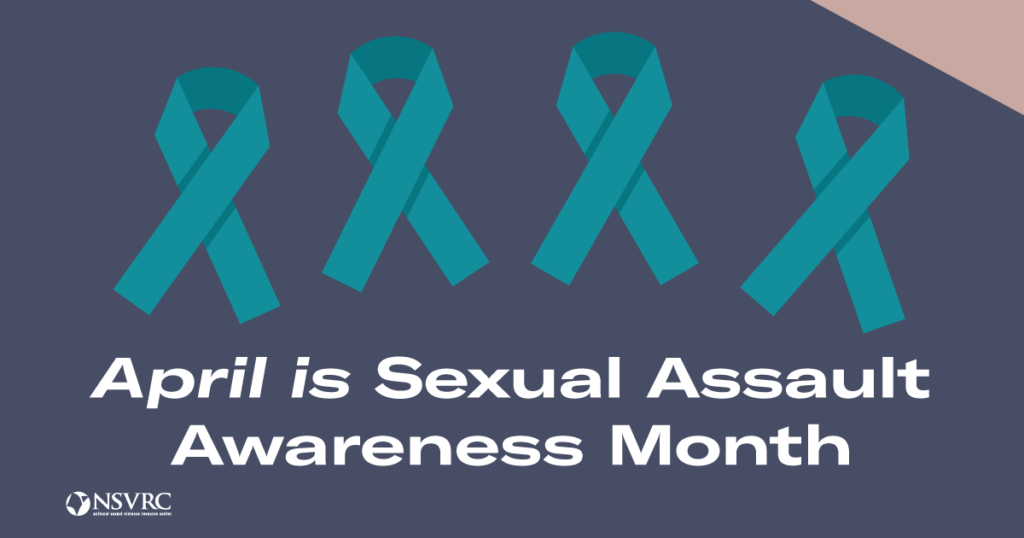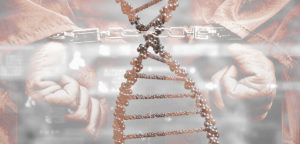The backlog of sexual assault kit samples in crime laboratories across the nation is a topic that hit the spotlight when a group of journalists uncovered the issue in an open records search of crime lab records in 2015. Reasons for the backlog include lack of staff, lack of funding, and simply, lack of time or a decision not to prosecute the case. Processing samples can be a labor-intensive process.
We recently interviewed Lynndsey R. Simon, Forensic Scientist II and Alternate CODIS Administrator from the Columbus Police Forensic Services Center to discuss some recent changes in sample processing in their laboratory that are helping to alleviate some of the backlog. She will be presenting a talk at the upcoming International Symposium on Human Identification (ISHI) in September.
The Columbus Police Forensic Services Center is a smaller forensic laboratory and according to Simon, one of the biggest challenges they face is strained resources. The DNA extraction and processing kits that forensic laboratories use are very expensive, and the number of DNA samples that laboratories are getting for DNA analysis are increasing. With limited resources and funding, maximizing efficiency and finding the best solutions for the laboratory becomes critical.
Continue reading “Forensic Scientists Improve Sexual Assault Kit Turnaround Time with Y-Screening” Like this:
Like Loading...


